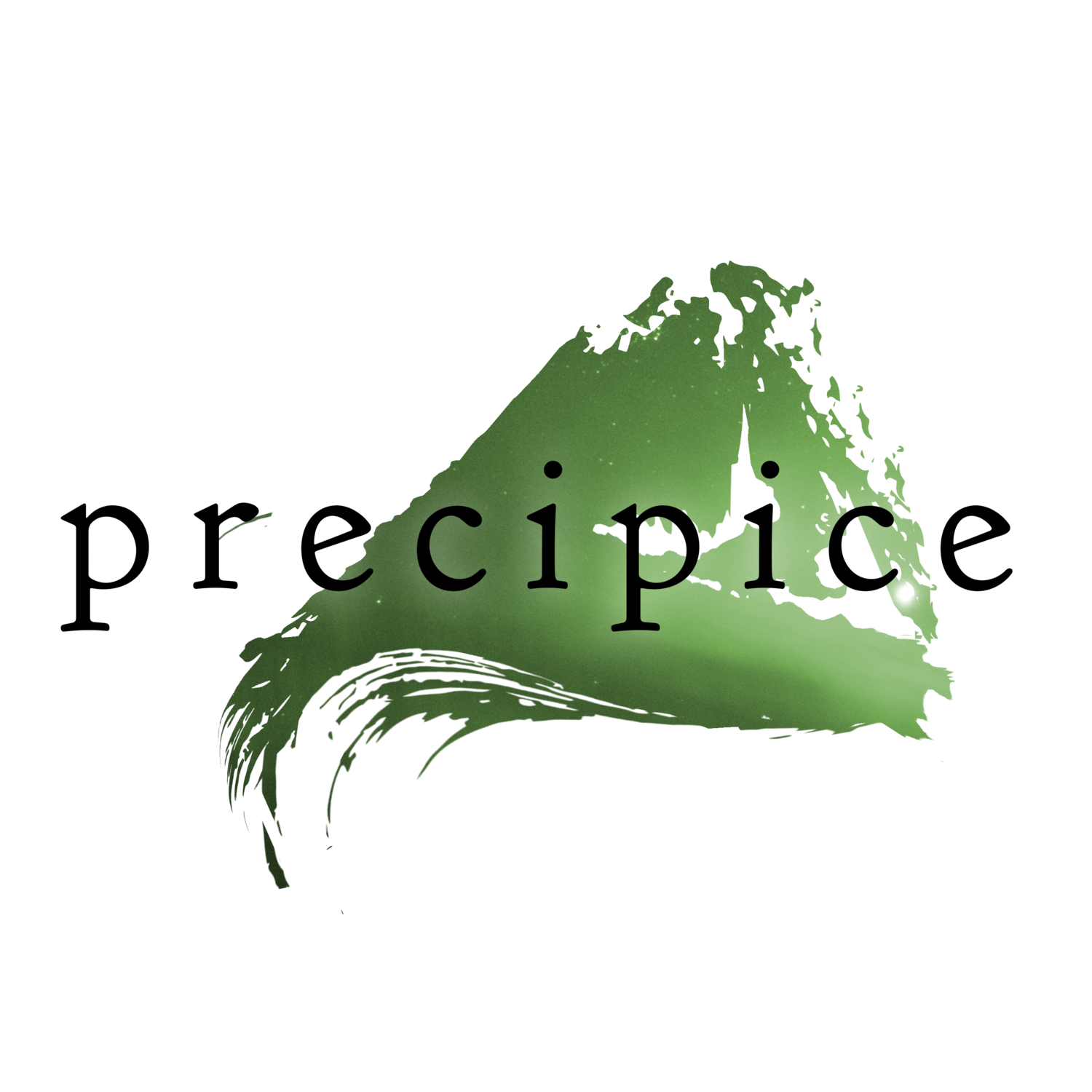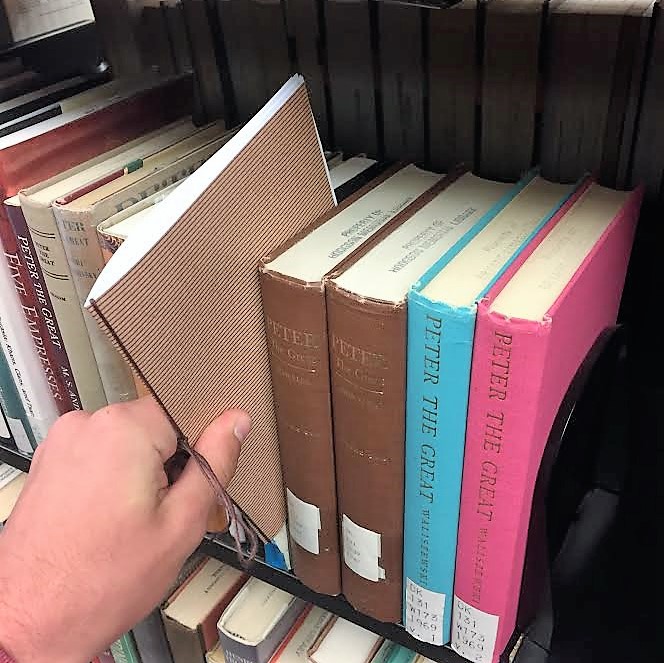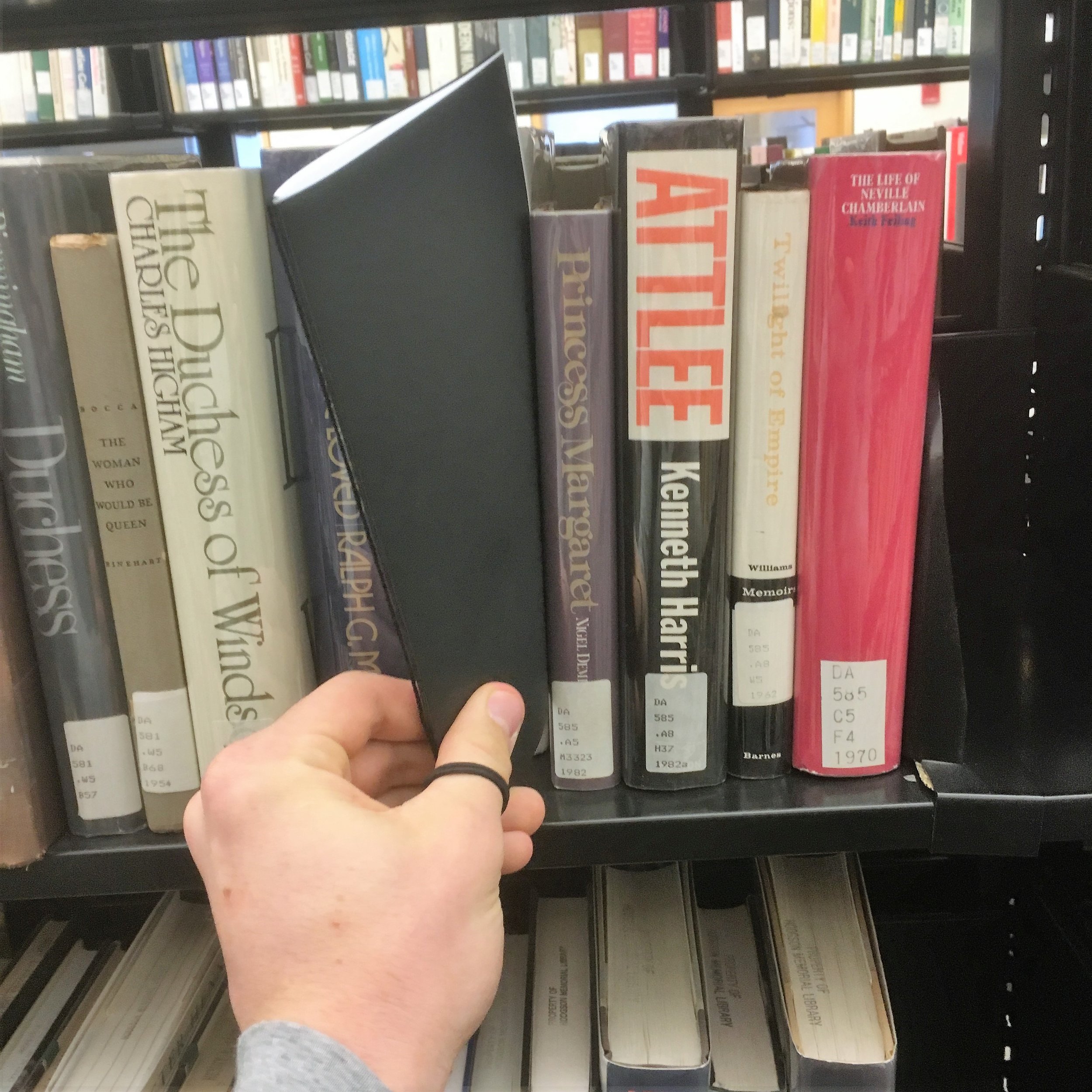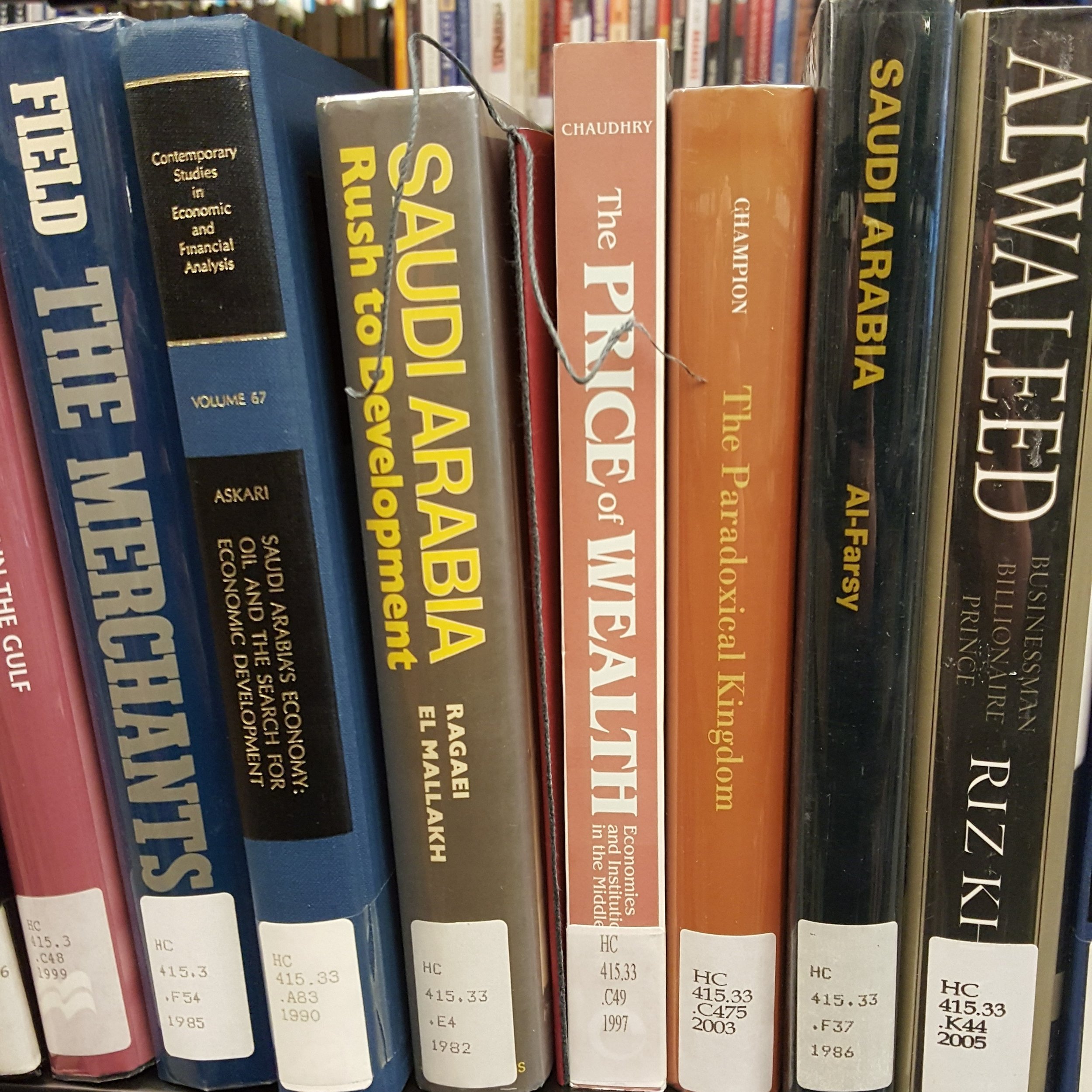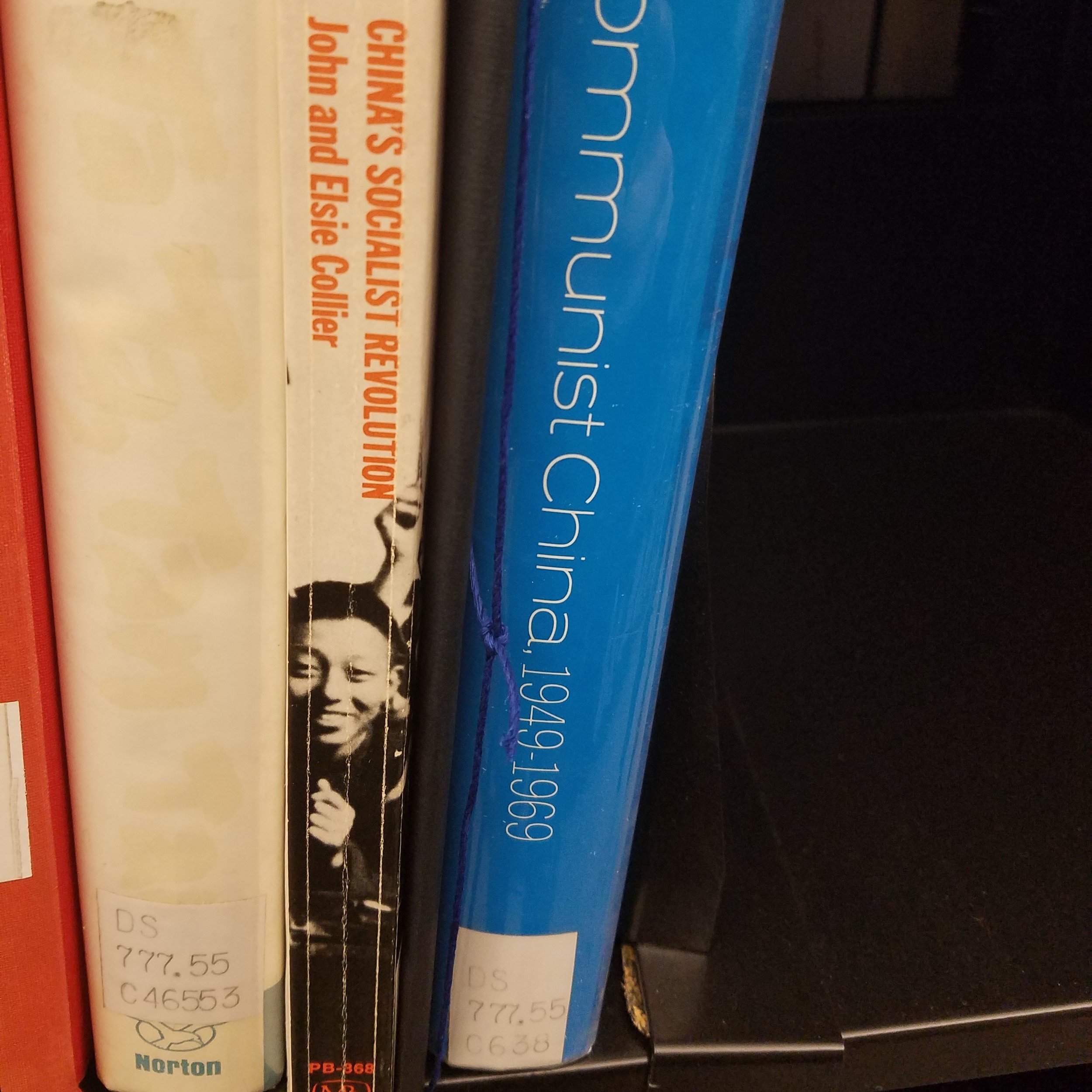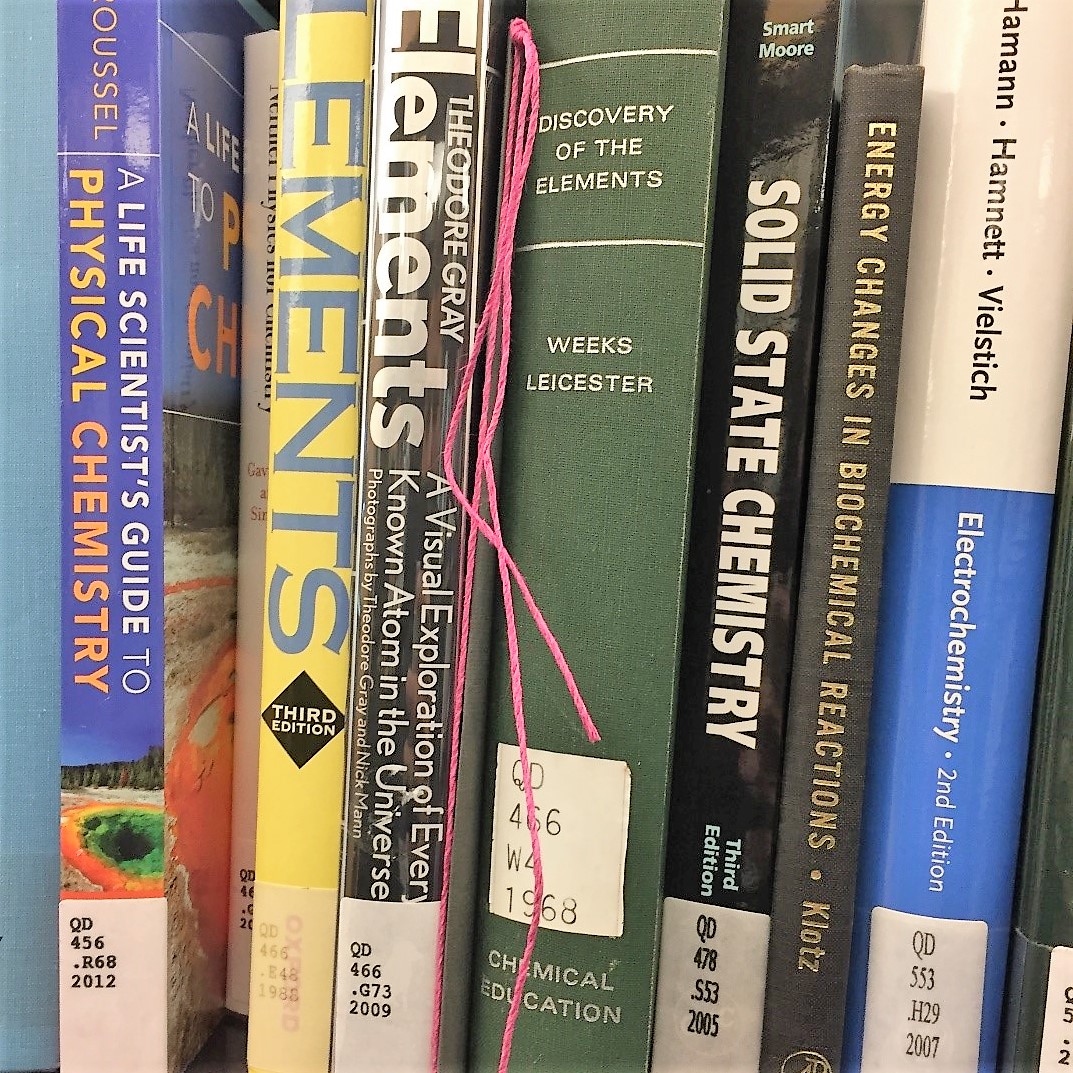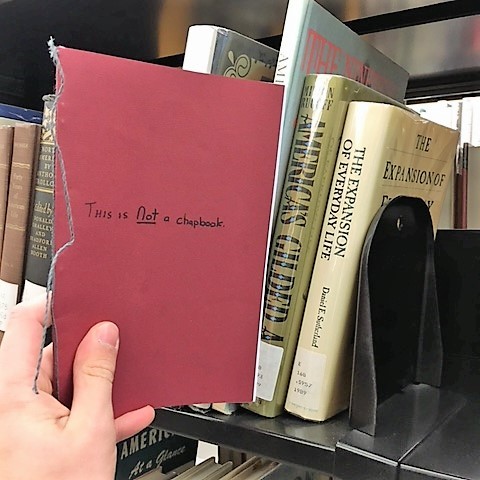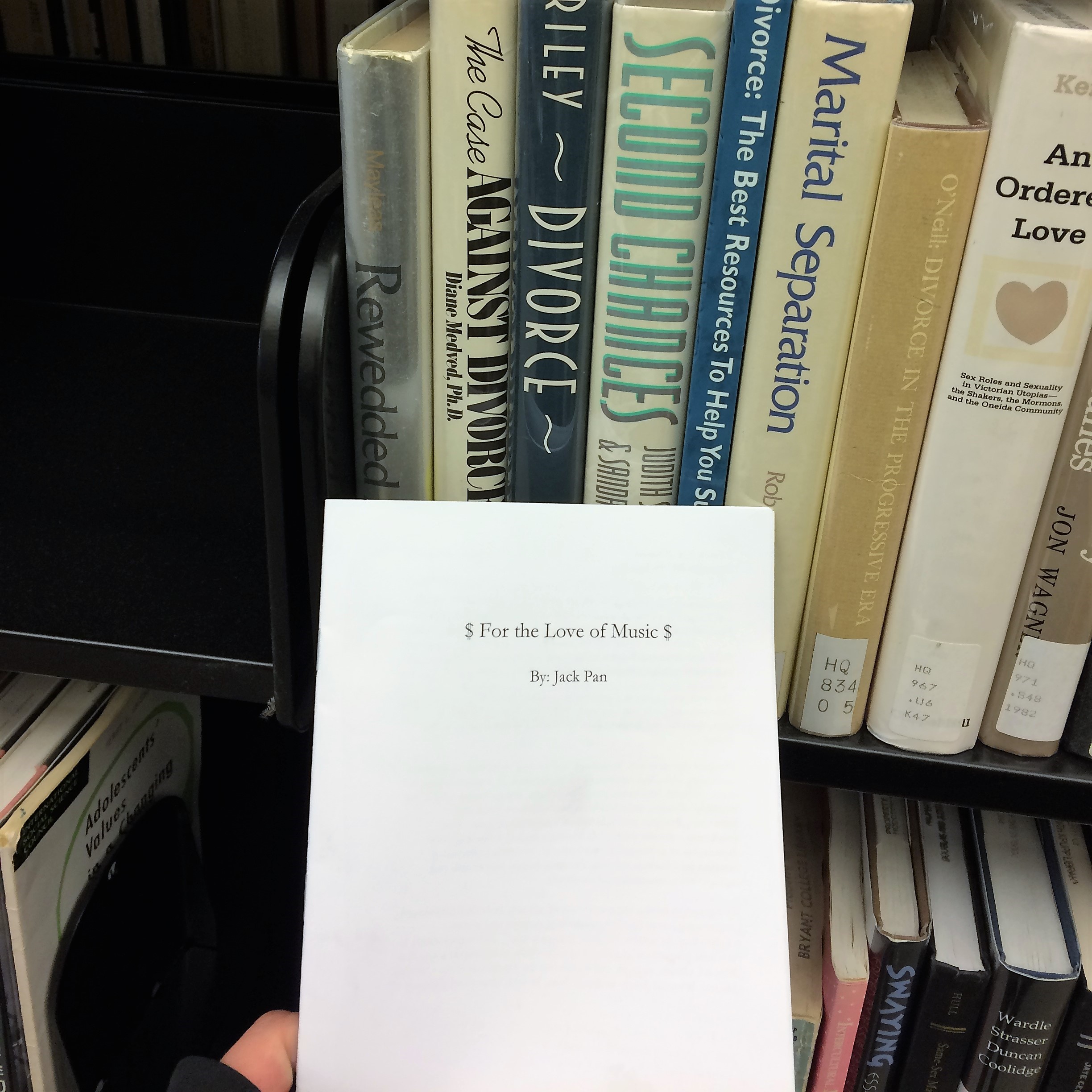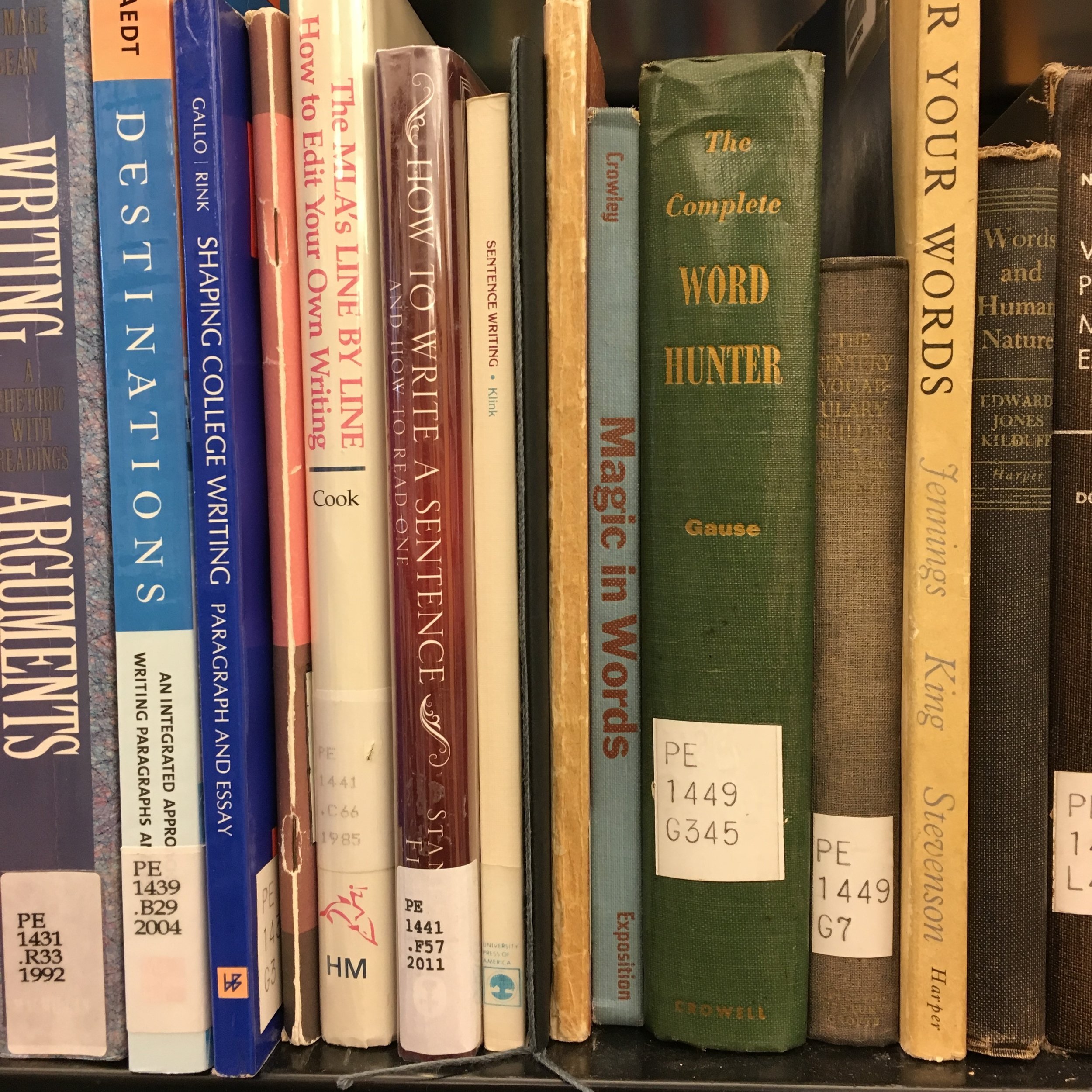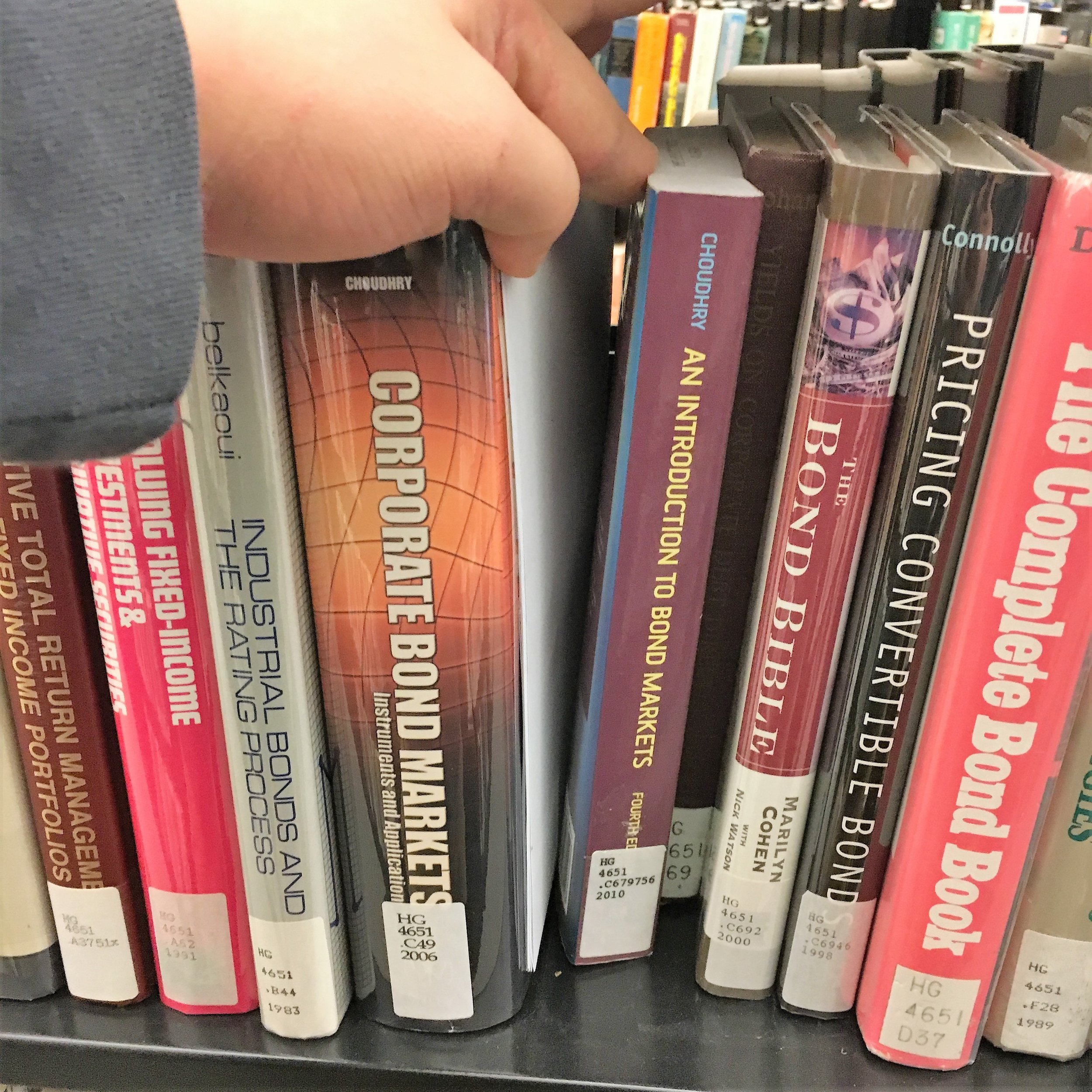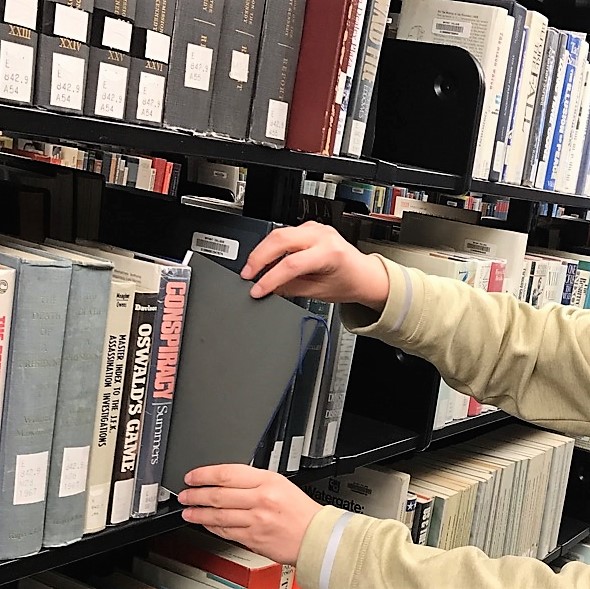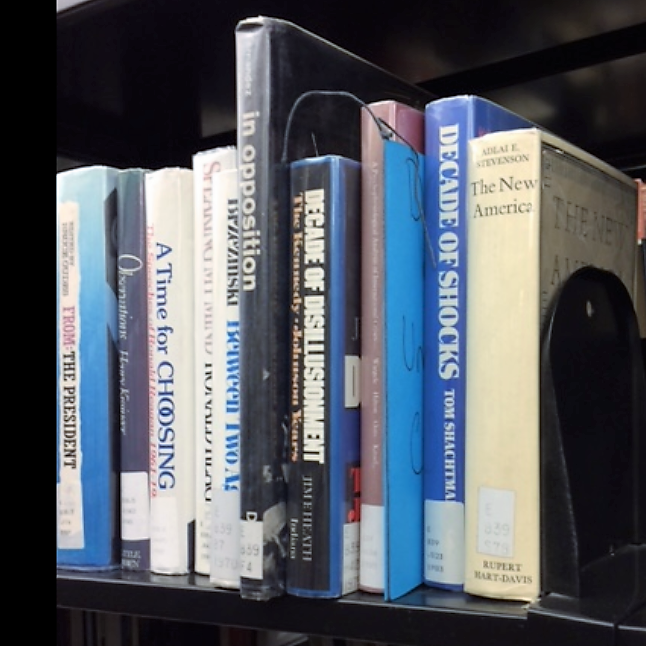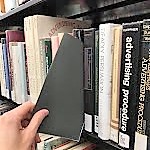The composition is the thing seen by every one living in the living they are doing, they are the composing of the composition that at the time they are living is the composition of the time in which they are living – Gertrude Stein, “Composition as Explanation.”
Chapbooks for Change invites student writers to examine intersectionality and intertextuality through research, writing, and publishing: words matter, how can words hold the space for change?
In the 17th and 18th centuries, chapbooks were paper leaflets distributed to share everything from children’s stories and folk tales to political or religious views. They delivered “information” to the masses – a transmitter of “popular” culture for the populous. They created public spaces on the page. Today, chapbooks are the “demo-tapes” or “first collections” of the poetry world – an introduction, extended, held, passed. In a time of “alternative” facts, hash tags, and paid “fake” news, this project uses the chapbook to hold a space for contemplation, remediation, and investigation. It creates a pocket of time to turn over – paper-page-hand-word – an invitation to sit with and sift through.
Using the principles of gift economy, guerilla distribution, and eco-linguistics, writers have positioned copies of their chapbooks throughout the Bryant University Library. This tactic is a response to the current conversation on borders, boundaries, migration, and immigration – how does the undocumented document move through/in/of/with? What role does intertextuality play in the finding and reading of the text? Coordinates are created at the intersection of the critical and the creative, the poetic and the political; a reorientation is possible. Each chapbook has a QR code so that readers can “check in” or rather “check out” the text. The reader is then encouraged to find a new public space for the chapbook: another place in the library, another library, a bench, a bus, a . Readers will be able to track the travel – to see the trace – to watch the language, the information move.
If you have found one of our chapbooks, check-in here: where are you; when are you?
Comments welcome.
